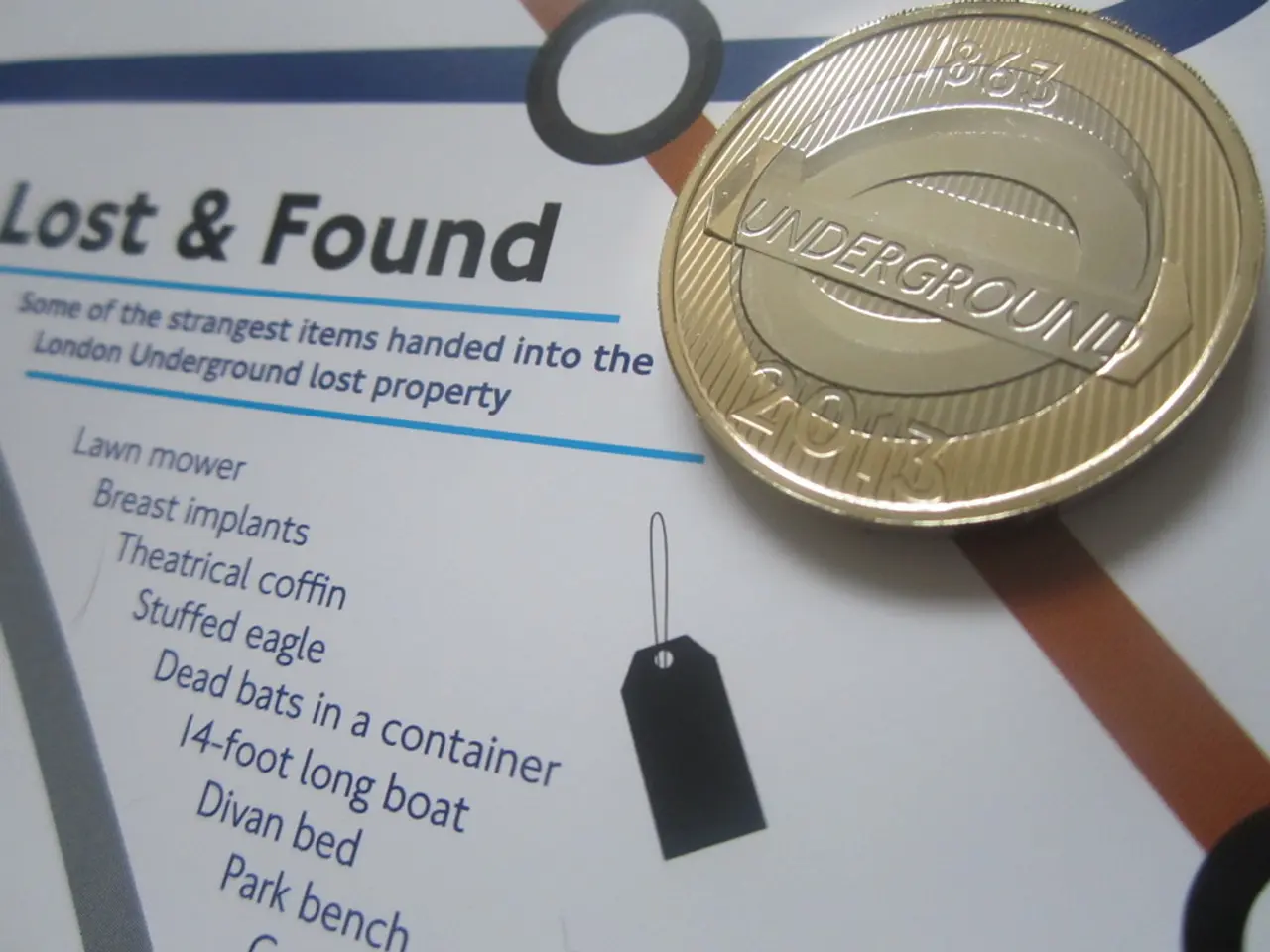Government Announces Regulations for Portal and Database of Waqf Assets
The Indian government has announced the "Unified Waqf Management, Empowerment, Efficiency and Development Rules, 2025," marking a significant step towards modernizing and streamlining the administration of waqf properties across the country [1][2][3][4]. These rules, framed under Section 108B of the Waqf Act, 1995, as amended by the Waqf (Amendment) Act, 2025, which came into effect on April 8, 2025, aim to bring transparency, accountability, and efficiency to waqf management.
Central to these rules is the introduction of a centralized digital portal and database, managed by the Joint Secretary of the Ministry of Minority Affairs. This portal will be responsible for the online registration, monitoring, and listing of all waqf properties nationwide, autogenerating a unique identification number for each waqf and property dedicated to waqf [1][2][4].
The electronic registration of all waqf properties, including those existing before April 8, 2025, is mandated under these rules. This move will enhance transparency and provide a uniform, accessible database for waqf assets [2][4].
The Rules also detail the manner of conducting audits and maintenance of accounts of waqf properties, promoting financial transparency and accountability within waqf institutions [1][3]. Additionally, they provide for payment and maintenance support for widows, divorced women, and orphans under waqf welfare schemes, reflecting a focus on social empowerment [1][3].
Governance reforms are another key aspect of these rules. They aim to curb mismanagement and irregularities historically prevalent in waqf administration by mandating institutional transparency, digitization of records within six months, and prevention of unauthorized transactions [3].
The rules also address legal clarity and property protection. They abolish the 'waqf-by-user' doctrine and strictly prohibit any unilateral declaration of government or other lands as waqf property, thereby aiming to reduce land disputes and litigation [3].
Moreover, the rules support the inclusion of Muslim women in waqf boards and programs to promote their welfare, financial independence, and legal rights, aligning with the constitutional values of equality [3].
In summary, the Rules establish a digital, centralized, and transparent framework for waqf management, with mechanisms for registration, audit, welfare support, and enhanced governance to empower the community and protect waqf assets efficiently [1][2][3][4]. The new rules are expected to bring about a significant transformation in the management of waqf properties in India.
[1] Source 1 [2] Source 2 [3] Source 3 [4] Source 4 (Not a fact, but a clarification: This story has not been edited by the website staff and is published from a syndicated feed.)
In line with the announced rules, a centralized digital platform will be established to manage business operations related to waqf properties, integrating technology for improved transparency and efficiency. This digital advancement is intended to modernize the administration of these properties in the Indian finance sector.
The rules also propose measures to ensure financial transparency and accountability within waqf institutions by detailing the method of conducting audits and maintaining records, as part of wider efforts to streamline the business sector.




